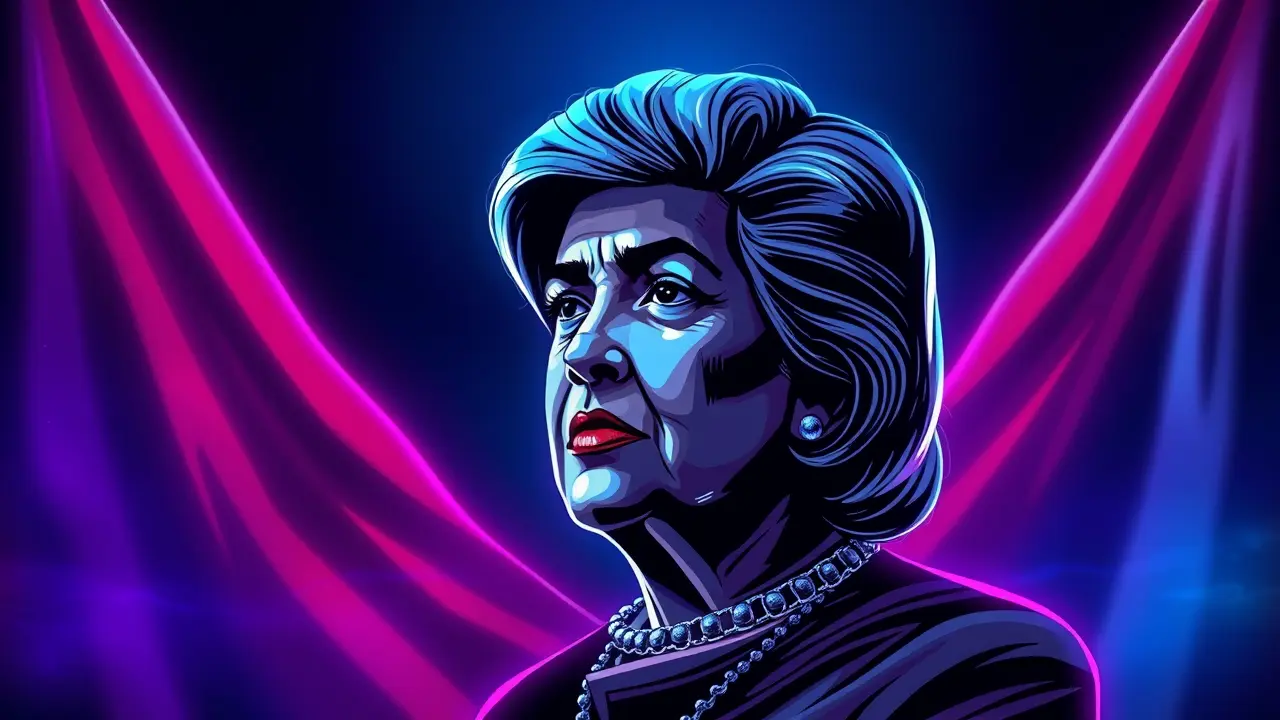Machado Says Trump Deserves Her Nobel Peace Prize
The recent, and frankly startling, declaration by Venezuelan First Lady Cilia Flores that former U. S.President Donald Trump is more deserving of her Nobel Peace Prize than she is herself sends a political tremor through an already volatile geopolitical landscape, forcing analysts to immediately dissect what this symbolic gesture portends for the future of Venezuela-United States relations. To understand the profound weight of this statement, one must first look to the historical context, a stage set with decades of acrimony, from Hugo Chávez’s fiery denunciations of American imperialism to the crippling sanctions imposed during Trump’s administration that sought to economically strangle the Maduro regime into submission; this was not mere diplomatic friction but a protracted cold war fought with economic weapons and propagandistic broadsides.Flores’s comment, therefore, cannot be viewed as a simple compliment but must be interpreted as a strategic overture, a deliberate signal from Caracas that it seeks a recalibration, perhaps even a détente, with its primary antagonist. The calculus for Nicolás Maduro’s government is undoubtedly complex, driven by a desperate need for economic relief as the nation's oil industry languishes and its populace continues to suffer under hyperinflation and widespread scarcity, making the potential lifting of U.S. sanctions a prize far more valuable than any medal.From the American perspective, the Biden administration faces a delicate balancing act: does it entertain this unexpected olive branch, risking political backlash from hardliners at home who view any engagement with Maduro as legitimizing a dictator, or does it dismiss the gesture as a cynical ploy, thereby forfeiting a potential opportunity to negotiate for concessions on human rights and democratic reforms? Expert commentary is sharply divided; some seasoned Latin America watchers, drawing parallels to Nixon’s opening to China, argue that this is a rare, if unorthodox, window for a breakthrough, a chance to de-escalate a conflict that has destabilized the entire region and fueled a massive refugee crisis. Conversely, other analysts warn of a trap, suggesting that Maduro is merely employing a classic tactic of ‘charm offensive’ to weaken the international consensus against his rule, buying time and seeking to create fissures within the Western bloc without committing to any substantive political change.The potential consequences ripple far beyond the bilateral relationship, impacting global oil markets, influencing the strategic calculations of actors like Russia and China who have propped up the Venezuelan state, and setting a precedent for how the U. S.engages with other sanctioned regimes like Iran or North Korea. If this overture leads to genuine dialogue, we could witness a phased easing of sanctions, a gradual reintegration of Venezuela into the global economy, and a slow, painful journey toward a negotiated political settlement.If it fails, the status quo of mutual hostility will harden, ensuring continued suffering for the Venezuelan people and perpetuating a major source of regional instability. In the grand theater of international relations, Flores’s words are a single, unexpected line, but like Churchill’s ‘Iron Curtain’ speech, they have the power to redefine the narrative, forcing a reluctant world to reconsider the actors and the possible endings to a story many had considered permanently stuck on a bleak and predictable page.
It’s quiet here...Start the conversation by leaving the first comment.
